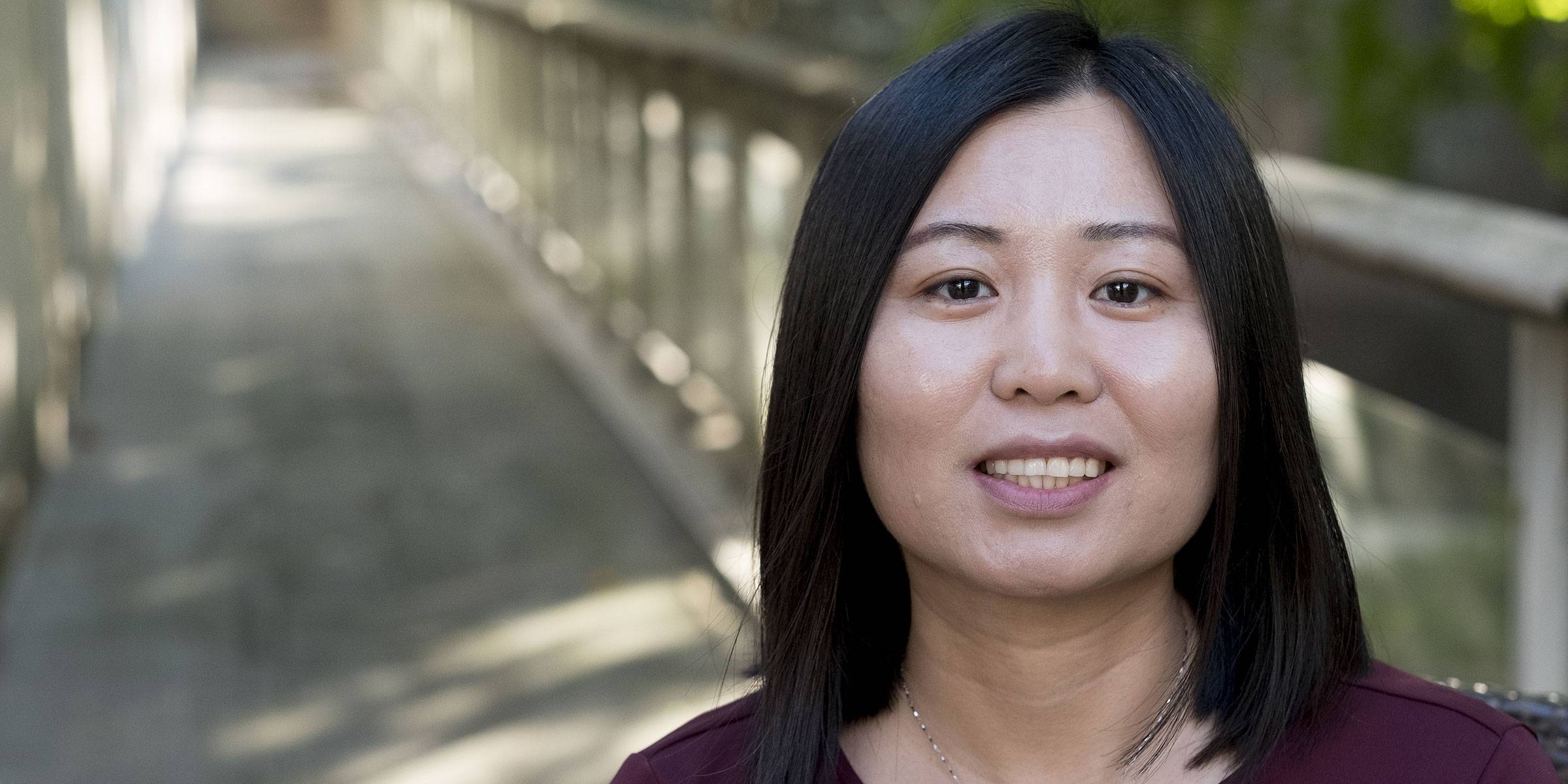Li Zhao, Ph.D.
Associate Professor
Recent evidence suggests new genes can emerge from ancestrally noncoding sequences. These de novo genes acquire functions and, if they provide a selective advantage, spread within a population until they become fixed. Zhao studies the origin and evolution of de novo genes, as well as their contribution to adaptive evolution, in both flies and humans.
Research in the Zhao lab addresses a central question in evolutionary biology: What is the molecular genetic basis of biological diversity? Natural selection acts upon traits, yet it is poorly understood how these traits evolve in relation to genes. Zhao’s group seeks to delineate the molecular changes and mechanisms responsible for phenotypic divergence and adaptation.
She is particularly interested in de novo genes, which emerge from non-genic DNA. Work in her lab aims to uncover how these and other new genes originate, spread, and contribute to adaptive evolution; to determine how differences in gene expression alter phenotypes; and to identify the genetic basis for adaptation to local environmental conditions.
The Zhao lab employs a range of next-generation sequencing, computational, and analytical approaches to generate and study large-scale population genomic and transcriptomic data in systems that include Drosophila and humans. The hypotheses generated from these data-rich analyses are then tested using genetic and experimental manipulations.
While previous work in the field has focused on the origins of genetic novelty through the duplication of genes, recent studies have uncovered an alternative path whereby ancestrally non-genic sequences are co-opted by evolution, producing novel genes. However, nothing was known about the earliest steps in the birth of these de novo genes within species. Using genomic and population analyses, Zhao and her colleagues discovered a large number of de novo genes segregating and evolving in Drosophila melanogaster populations under the influence of directional selection. Zhao has since expanded her analyses to identify de novo genes that contribute to multiple fly tissues and developmental stages. Using CRISPR-Cas9 and other technology, her lab also is investigating the functions of individual de novo genes.
Over the long term, Zhao aims to compile the first comprehensive description of de novo gene evolution within a species. She also seeks to use novel genes as an entry point from which to investigate the evolution of genes and genomes, as well as human cancer biology.
Zhao is also interested in how species adapt to variable environments. To better understand how variation in gene expression is maintained within and between species, she studies its evolution in heterogeneous, natural environments. In recent studies, Zhao and her colleagues observed substantial parallels in gene expression between fly populations and species at multiple timescales, suggesting that spatially driven selection contributes to these differences. The Zhao lab will extend this work by investigating variation in the genomics, transcriptomics, and transcription factor binding in Drosophila populations using flies collected from a variety of environments.
Zhao is a faculty member in the David Rockefeller Graduate Program, the Tri-Institutional M.D.-Ph.D. Program, and the Tri-Institutional Ph.D. Program in Computational Biology & Medicine.
